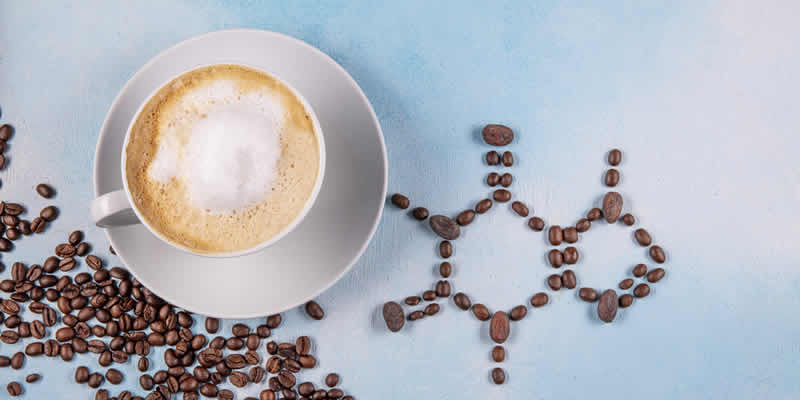Trying to counteract sleep deprivation with caffeine has little impact on a person’s ability to perform at a higher level, a university study says.
Researchers from Michigan State University looked at how effective caffeine is when it comes to offsetting the negatives effects of lack of sleep on cognition.
- Caffeine found to temporarily impact brain grey matter
- Caffeine in pregnancy can have lasting effects on the child
They found that while caffeine helped people complete more simple tasks, it had little effect on their performance when it came to more challenging activities.
Researchers have said that caffeine may help people to stay awake and attend to a task, but it “doesn’t do much to prevent the sort of procedural errors that can cause things like medical mistakes and car accidents”.
The team from the university’s Sleep and Learning Lab, led by psychology associate professor Kimberly Fenn, asked 275 participants to complete a simple task and a more difficult ‘placekeeping’ challenge, where tasks have to be completed in a certain order without missing or repeating steps.
Professor Fenn said: “We found that sleep deprivation impaired performance on both types of tasks and that having caffeine helped people successfully achieve the easier task. However, it had little effect on performance on the placekeeping task for most participants.
- Scientists develop implant that releases GLP-1 in response to caffeine
- Meet the diabetes community in the Diabetes Forum
“Caffeine increases energy, reduces sleepiness and can even improve mood, but it absolutely does not replace a full night of sleep. Although people may feel as if they can combat sleep deprivation with caffeine, their performance on higher-level tasks will likely still be impaired. This is one of the reasons why sleep deprivation can be so dangerous.”
The coronavirus pandemic has had a negative impact on the amount of sleep people are getting, Professor Fenn said, which can eventually affect immunity as well as mood and cognition.
The study has been published in the Journal of Experimental Psychology: Learning, Memory, & Cognition.





